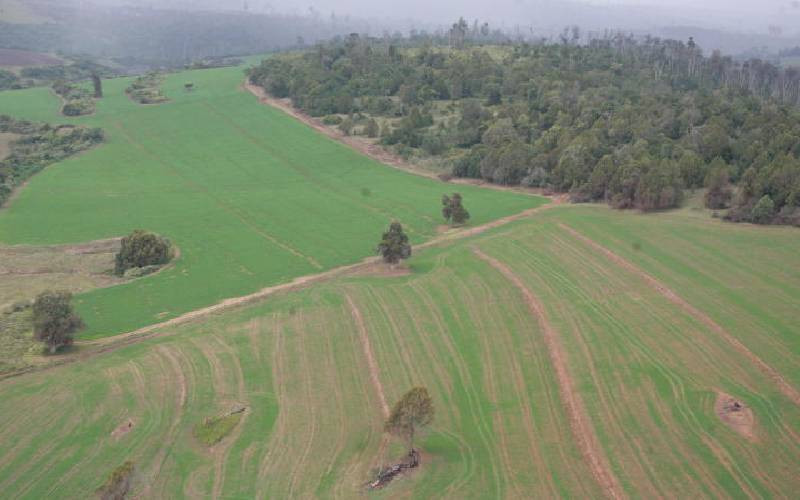×
The Standard e-Paper
Fearless, Trusted News

This week all eyes were on Deputy President Rigathi Gachagua after he was "mis"-quoted as saying the new government would return the "Shamba system" that allows farming in forests.
He said trees would eventually grow and push the farmers out of the forests. For a moment it appeared DP Gachagua was the only stranger in Jerusalem, aware of existence of a farmer that could be pushed out of a forest by a grown tree.